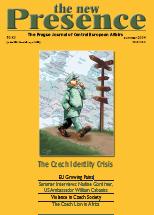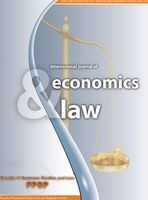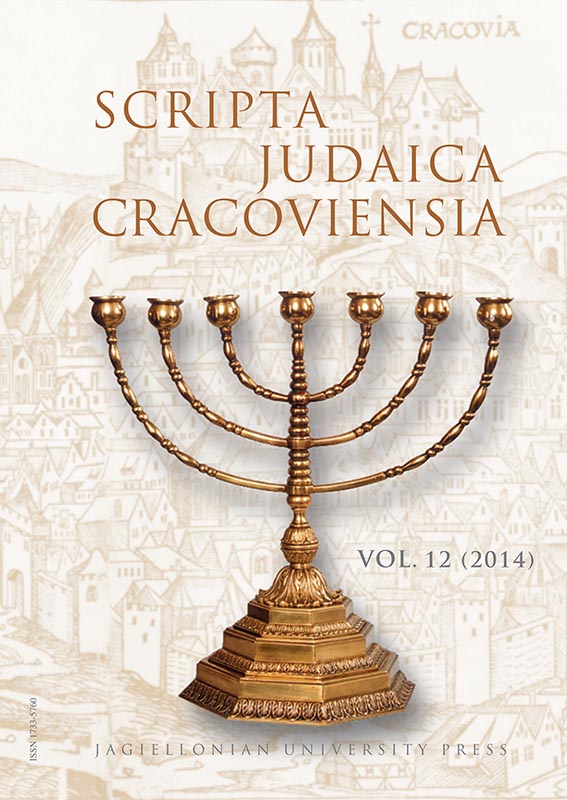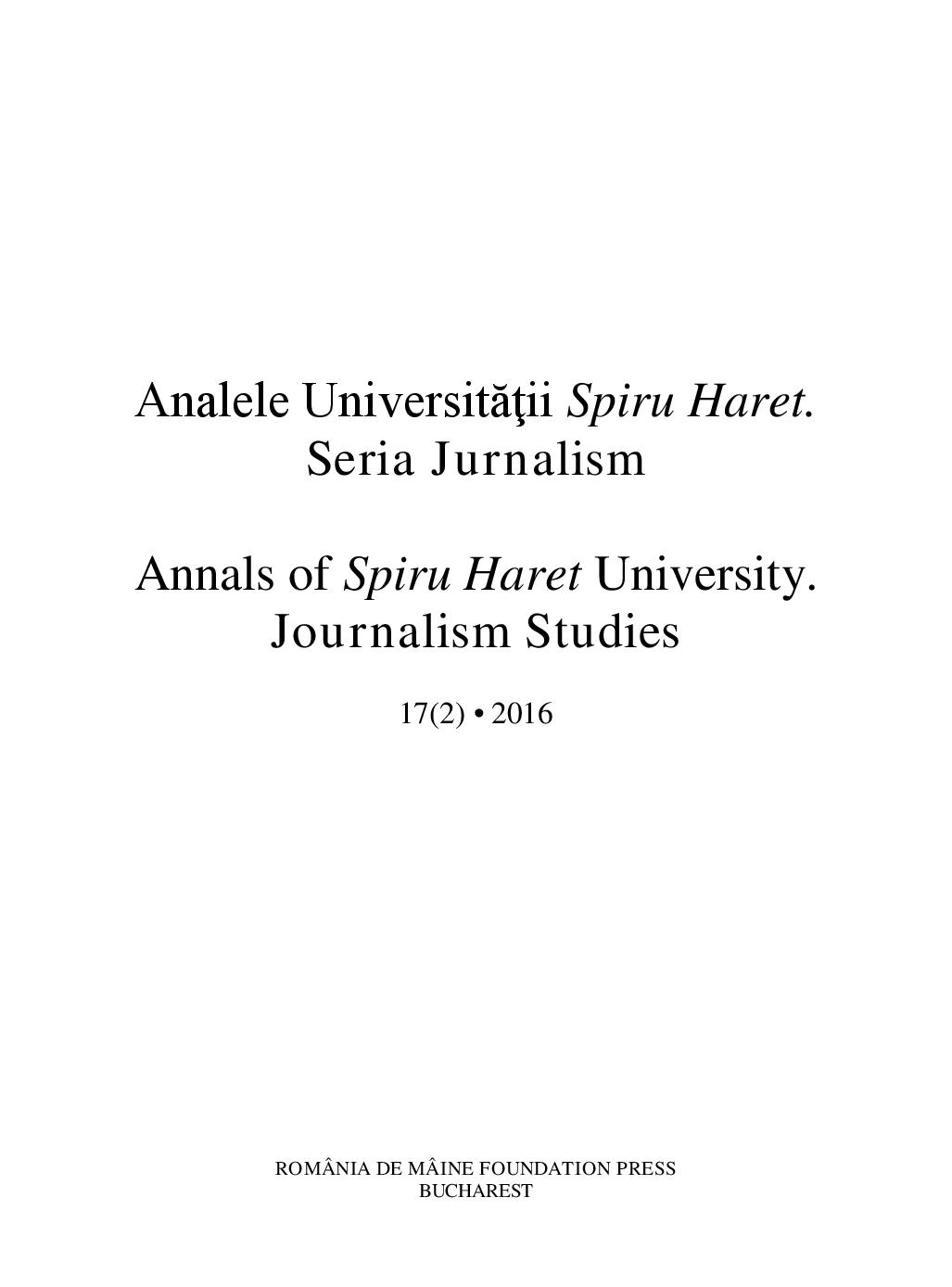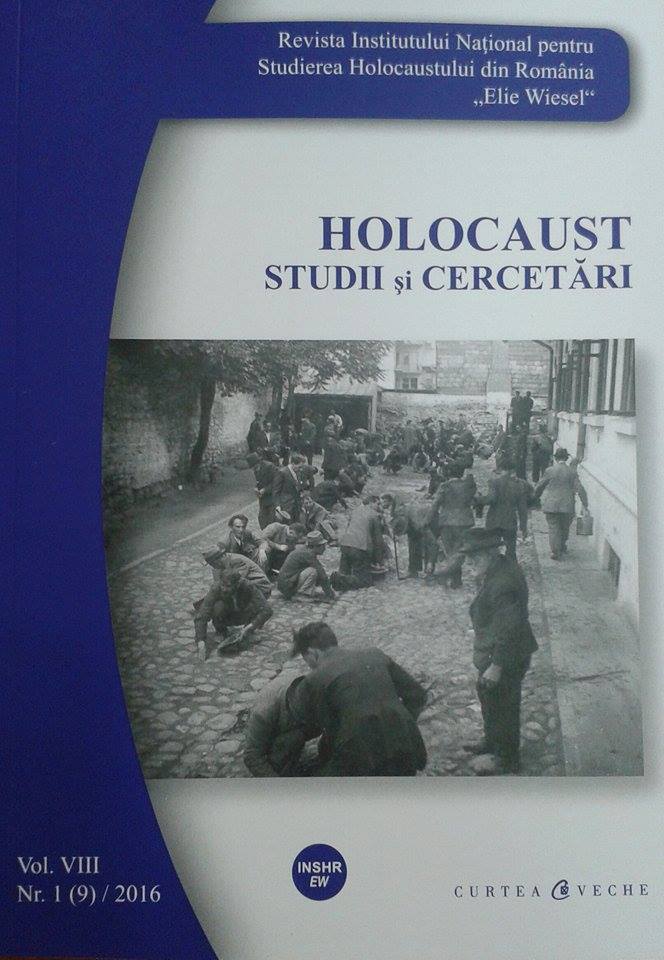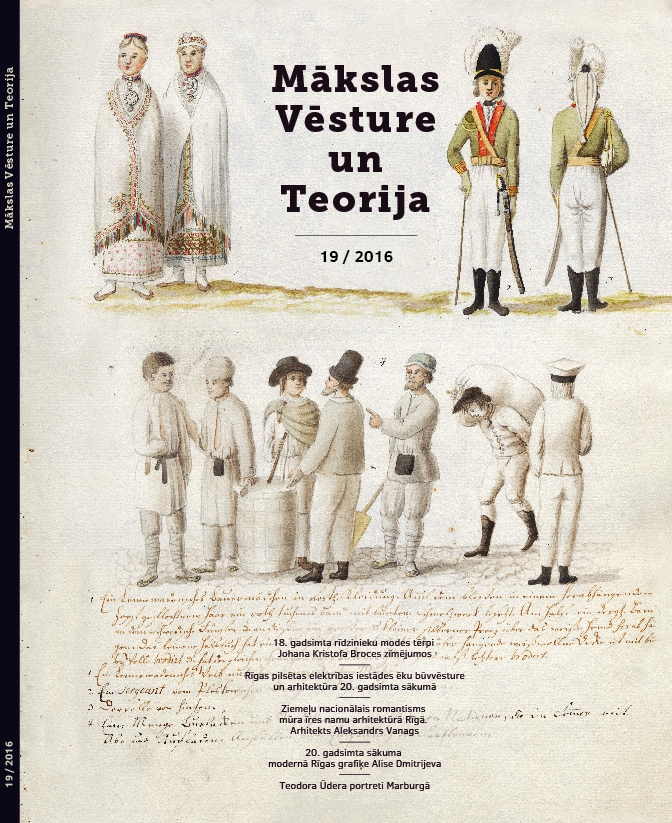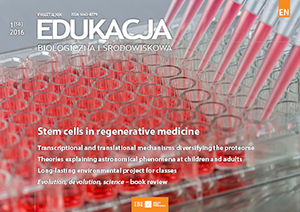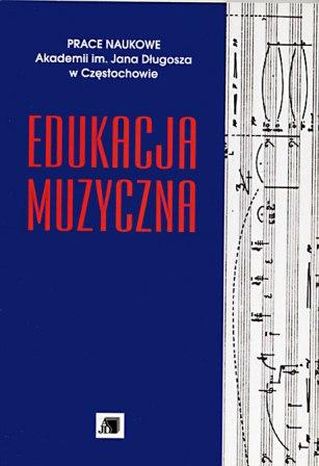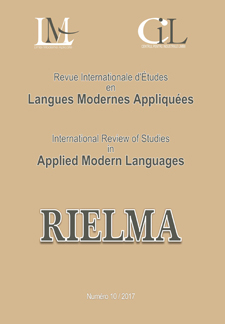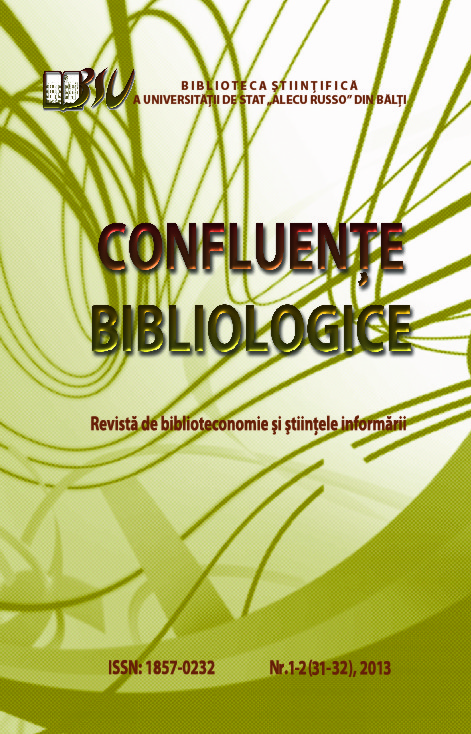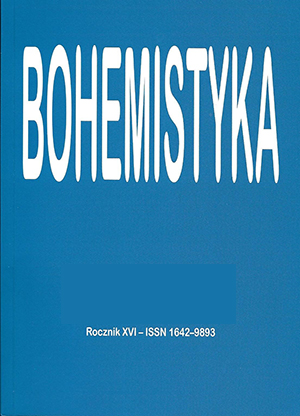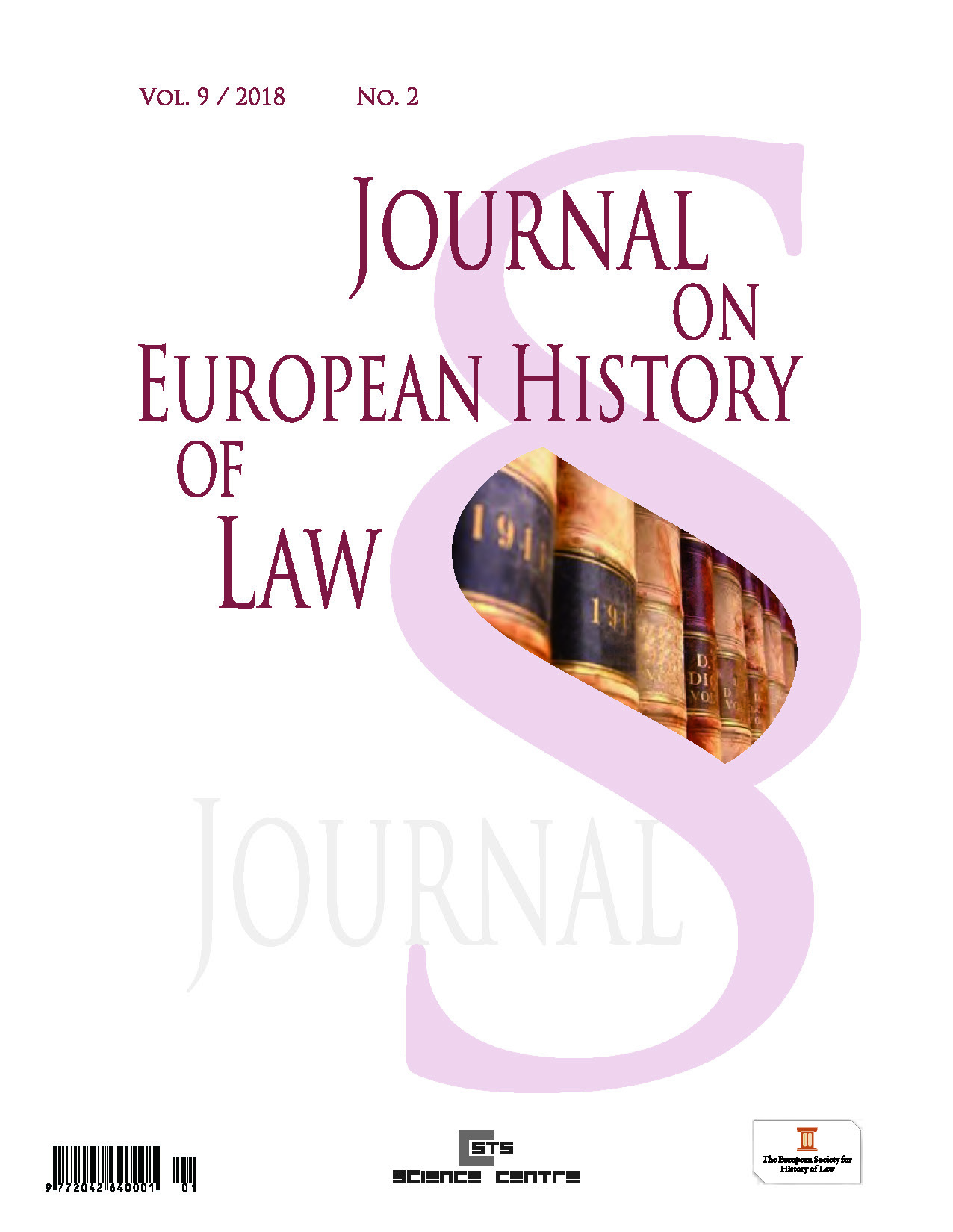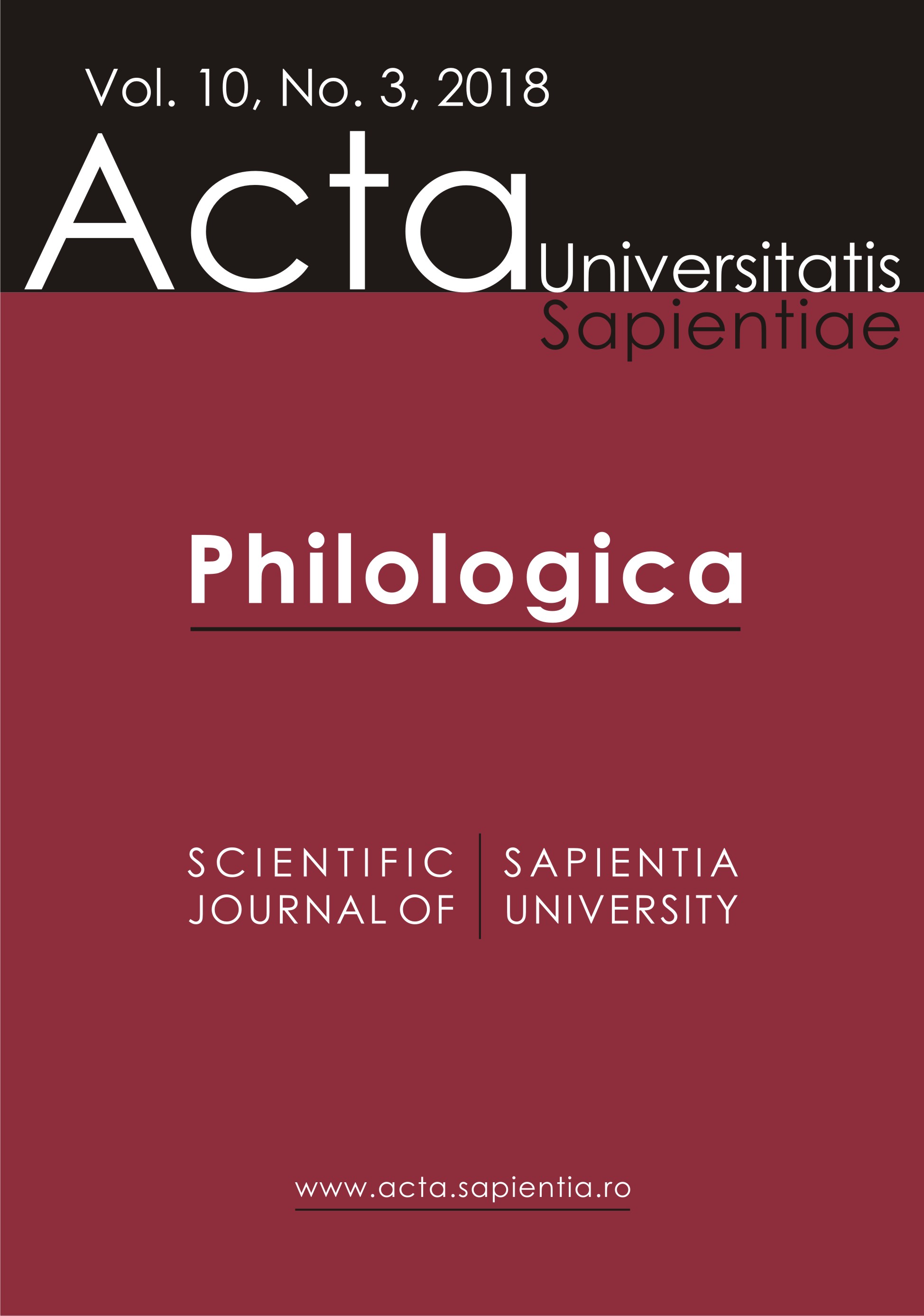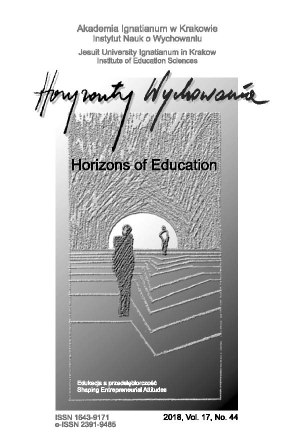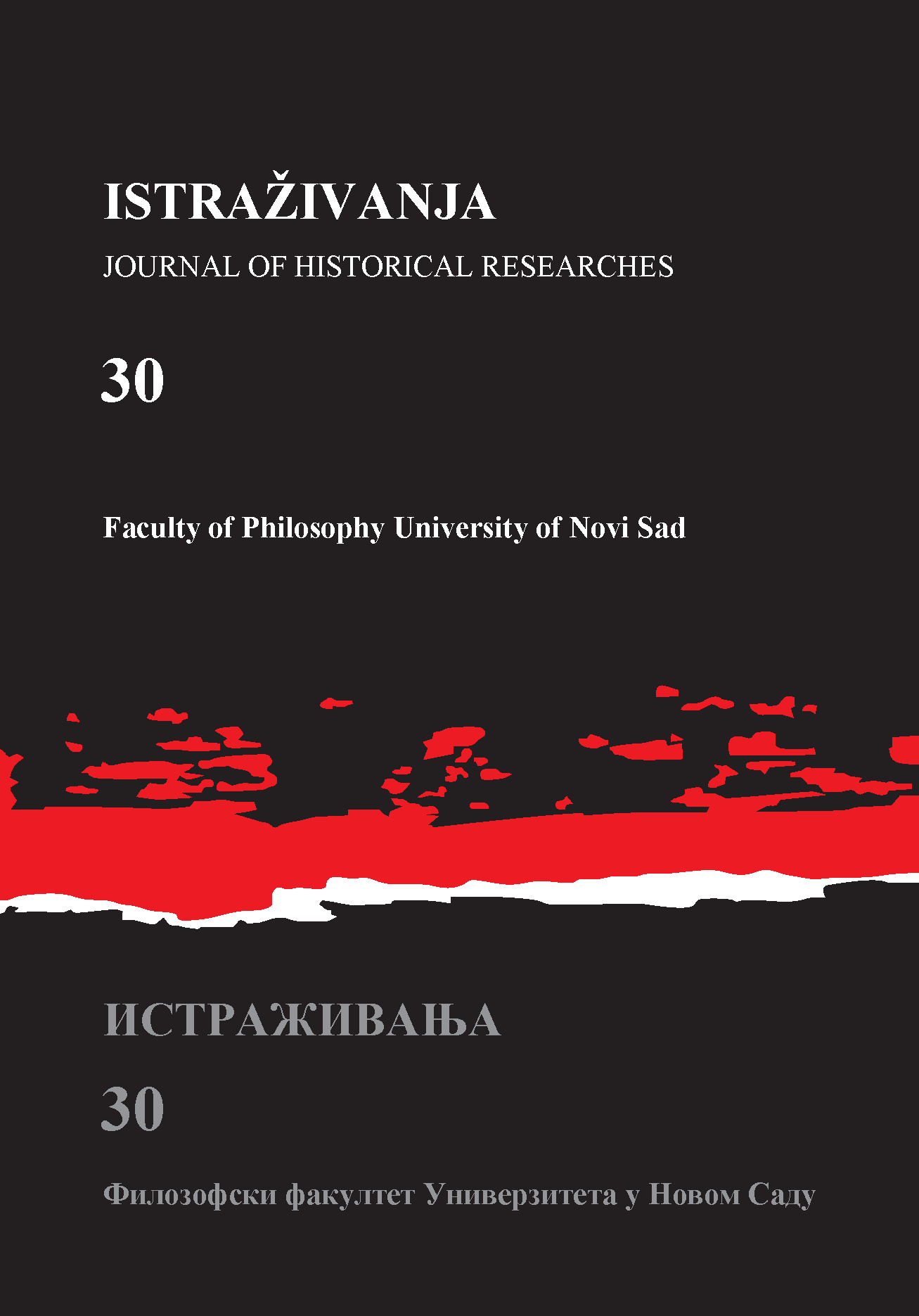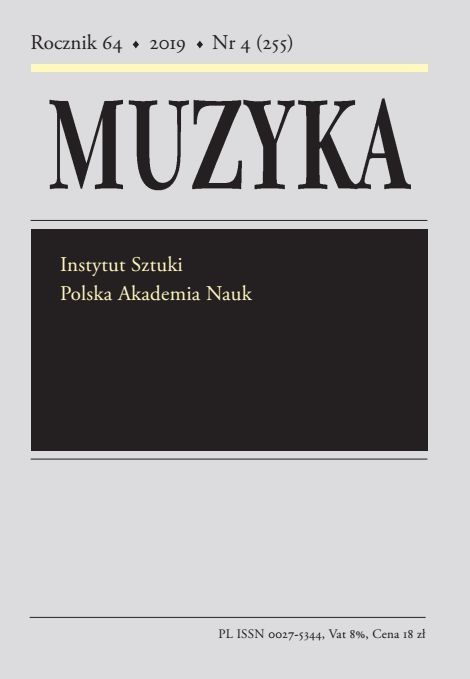The relationship between self-esteem, aggression and poverty
Author(s): Gabriela Mikulášková,Matúš Adamkovič / Language(s): English
/ Issue: 1/2018
Keywords: Poverty; Self-esteem; Aggression;Adults;
Background: The current research literature confirms the link between poverty and psychological characteristics of an individual (Miech, Caspi, Moffitt, Wright, & Silva, 1999). Loix and Pepermans (2009) report criminal behaviour, addiction, low self-esteem, aggression, depression, and suicidal tendencies as subjectively perceived consequences of poverty. Research by Tremblay (2000) and Ezeokana, Obi-Nwos, and Okoye (2014) focused on low-income families has confirmed that long-term poverty is a predictor of physical violence and aggression in children. The relationship between poverty and selected characteristics has been investigated, however, research regarding the moderating effect of poverty on aggression and self-esteem is absent. Research goal: The presented study had two objectives - to verify whether there is a difference between the poor and non-poor people in self-esteem and aggression; and to verify if poverty moderates the relationship between self-esteem and aggression. The study hypothesize that people included in the group of poor will experience lower self-esteem and higher aggression compared to the group of non-poor, and additionally that poverty will moderate the link between self-esteem and aggression. Method: The research sample consisted of 86 employed persons (48 women). The inclusion criteria were as follows: (1) aged between 25 and 59 (M = 33.58 SD = 8.10); and (2) a permanent monthly income. The income was dichotomised, and people with up to 400€ per month were assigned to the group of poor (N = 24). The data was obtained using convenience sampling and the actual collection was conducted in person. Two research tools were used - self-esteem was investigated through the Rosenberg Self-Esteem Scale (RSES; Rosenberg, 1965) and aggression was assessed using the Buss-Perry Aggression Questionnaire (BPAQ; Buss & Perry, 1992). The reliability of the research tools was verified using McDonald's total omega coefficient – RSES: ωTotal = .82; BPAQ: ωTotal = .91. Poverty was examined using 4 response categories: 0 - 198.09€ (sum of the minimum living wage in Slovakia from 2016); 198.09€ - 400€; 400€ - 900€; more than 900€. The test battery also collected basic socio-demographic data. The Independent Samples t-test was employed to examine the differences between the groups of poor and non-poor in regard to self-esteem and aggression, supported by the Bayesian Factor with non-informative prior values (0.707) and sequential analysis. A moderated regression analysis was used to verify the effect of poverty on the relationship of self-esteem and aggression. Results: The Independent Sample t-test found that the poor and non-poor groups did significantly differ in the degree of self-esteem (t(84) = - 3.24, p = .002, Cohen's d = - 0.78, . post-hoc statistic power with α = .05 was 89%), with higher self-esteem achieved by non-poor. No significant differences were found between the groups in relation to aggression (t(84) = 1.20, p = .234, Cohen's d = 0.29, post-hoc statistical power with α = .05 was 22%). The application of moderated regression analysis in a model describing self-esteem as a criterion, aggression as an independent variable and poverty as a moderator was statistically significant (F(3, 28) = 10.43; p < .001; R 2 = .24). Despite a strong correlation between aggression and self-esteem (r = .35), aggression became a non-significant predictor of self-esteem when poverty was included as a moderator (t(82) = 0.42; b = 0.03; p = .672); the poverty itself was a significant predictor (t(82) = 3.28; b = 3.71; p = .002). The interaction between aggression and poverty was not a significant predictor, nevertheless the value was borderline (t(82) = -1.95; b = - 0.14; p = .055). If the person was not poor, self-esteem got lower with increasing aggressiveness (t(82) = - 4.27; b = - 0.11; p <.001). Conclusion: The study confirmed that poverty is a determinant of impaired self-esteem, but based on the available evidence, it is not possible to conclude whether or not poverty affects aggression. Moreover, the effect of poverty on moderating the relationship between self-esteem and aggression was confirmed. The link between aggression and self-esteem was found to be weak in the group of poor people, whereas aggression was shown to be a relatively strong predictor of self-esteem in the group of non-poor people. The limitations of this study are the inclusion criteria for the poor (up to 400€), the sample size and the sampling method.
More...
